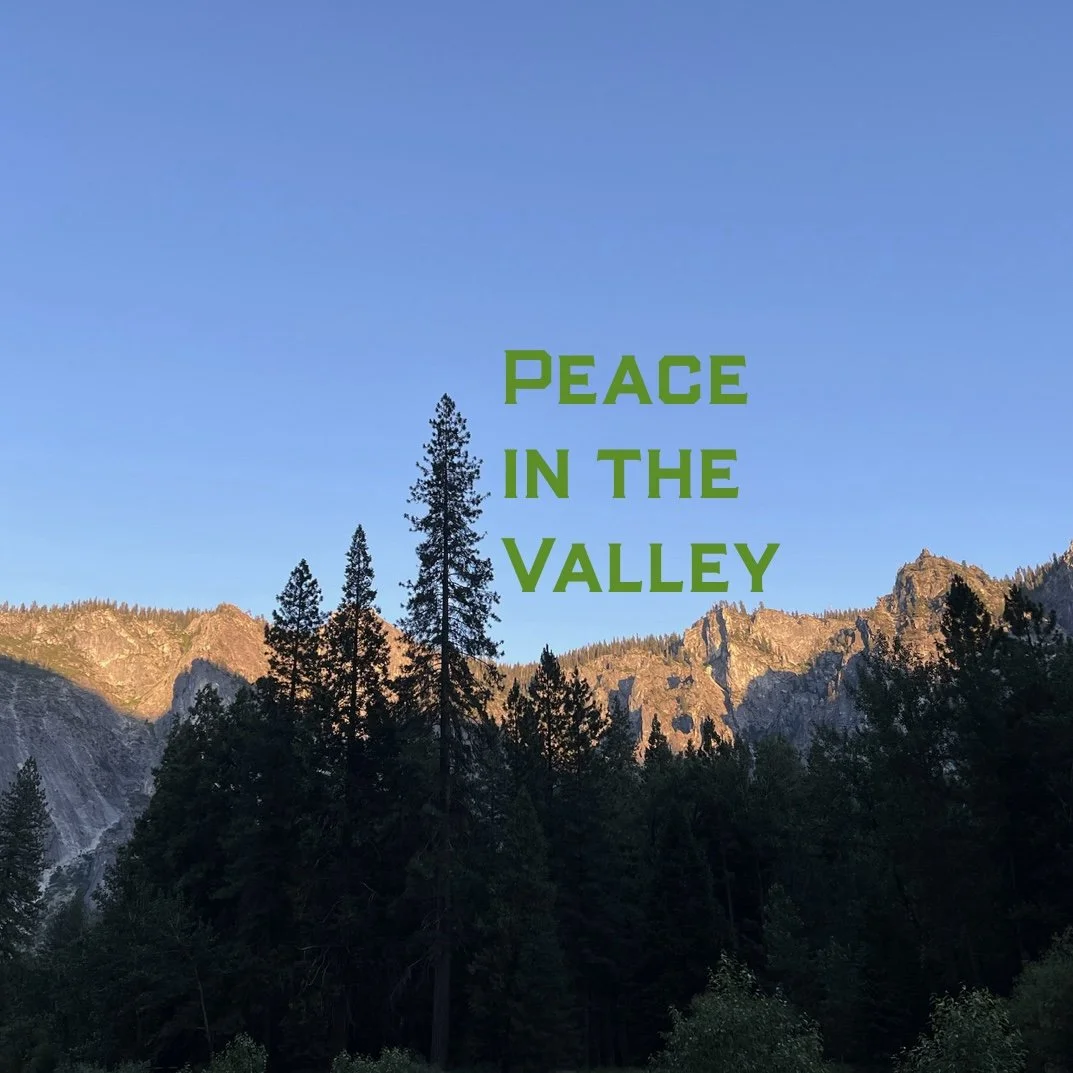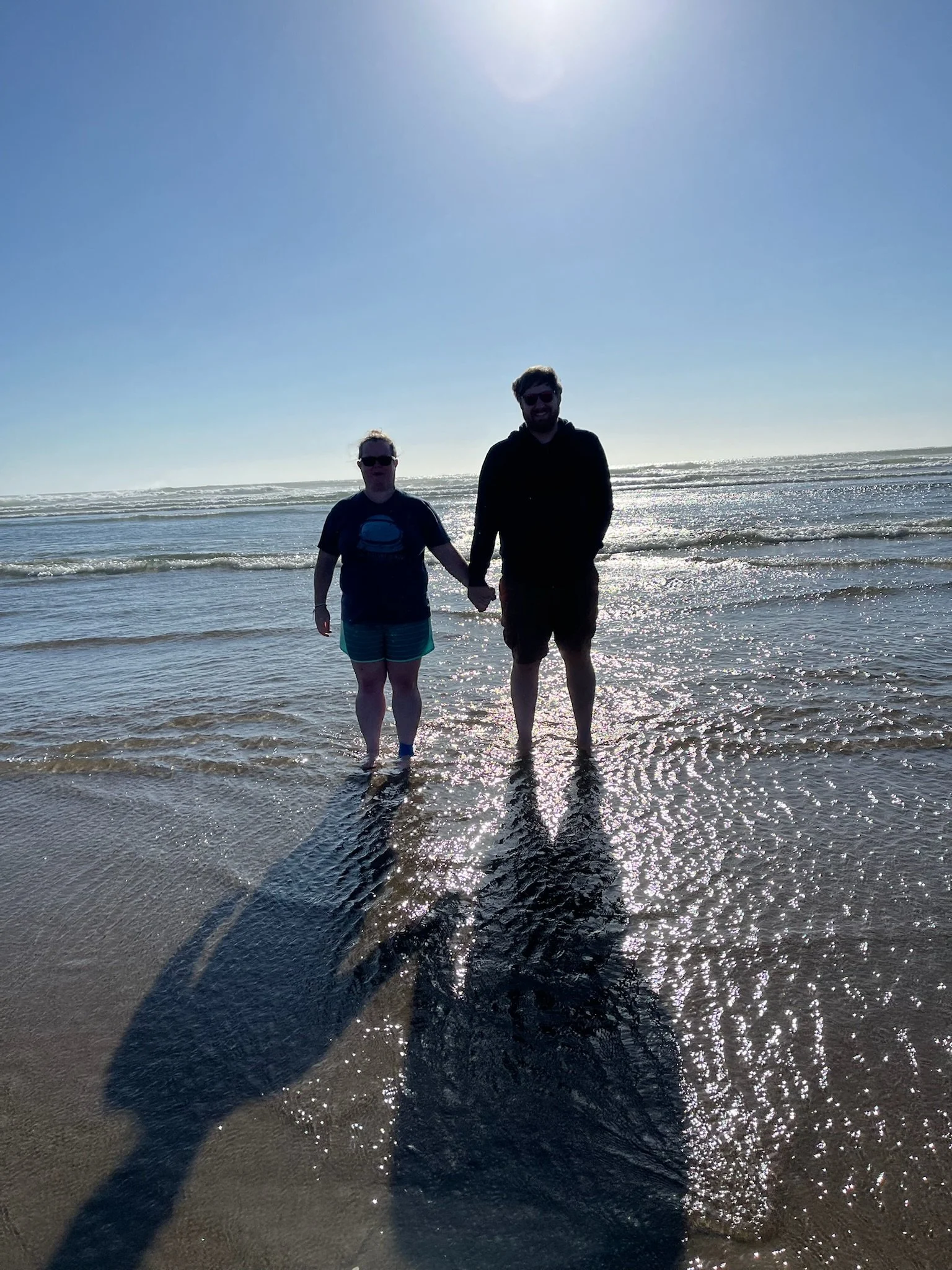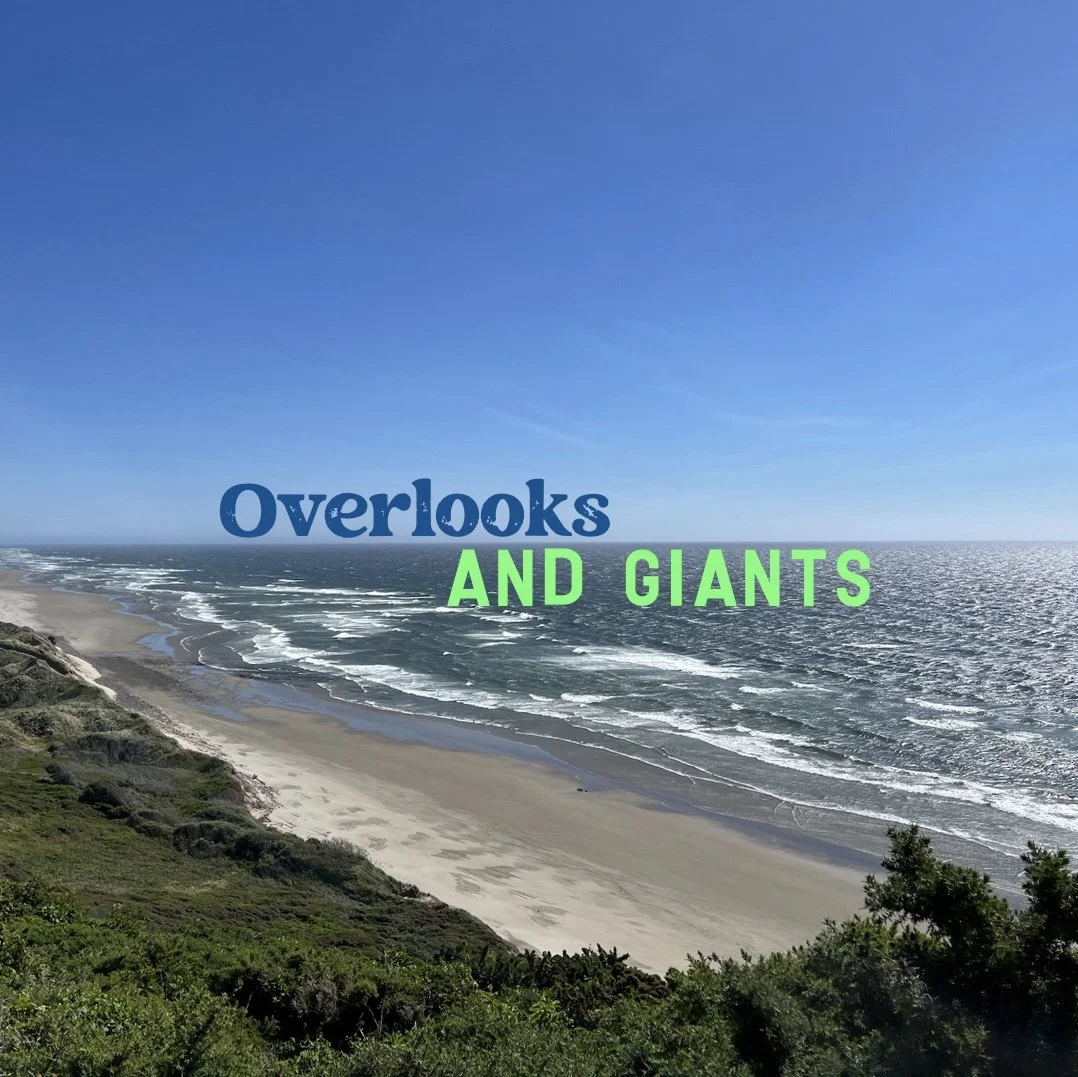What did you think the future would look like when you were younger? I grew up on Superman comic books, Star Wars, and Back to the Future. As a result, I always envisioned a future as being filled with unbelievable technology: flying cars, personal jetpacks, hover boards, cute robot helpers, trips to outer space for everyone, time travel without any sort of repercussions. In other words, it never crossed my childhood mind that the future would be anything other than completely awesome.
I was reminded of this complete awesomeness when I recently saw the movie from which this sermon takes its title: Tomorrowland. The idea of the movie is that many decades ago, the best and brightest scientists, artists, inventors, philosophers, etc. gathered together and somehow created a better and more beautiful tomorrow. The first time that we see this place, Tomorrowland is a gleaming futuristic city under a crystal blue sky. Everywhere is all of the technology that I imagined as a kid and more. It is clean. It is filled with green spaces full of trees. And its citizens are people from every nationality on the planet. It’s wonderful. As I shoveled popcorn into my mouth, I watched with awe. This is what I thought the future would look like.
But when you get to the future, it’s not always what you imagined it to be. Back to the Future Part II was set in the year 2015. Growing up that year seemed like the future future. Yet here we are and we don’t have flying cars or hover boards or many of the other wonders of technology that were in that movie. Science has six months to get its act together or this year is going to be a huge disappointment to the seven year old version of myself.
Even more important and more disheartening than silly things like flying cars is the state in which we find the world today and what that means for the future. It is not a bright and beautiful tomorrow. There is a scene in Tomorrowland in which the protagonist Casey, a teenage girl, sits through a day in school where teacher after teacher rattles off the ills that afflict this world: war, poverty, corruption, terrorism, global warming, famine, the surveillance state of Big Brother governments. And this terrible news is delivered so stoically by these teachers. Their faces are blank. Their voices are flat. They have given up and accepted the world for what it is. They do not have any hope for tomorrow.












